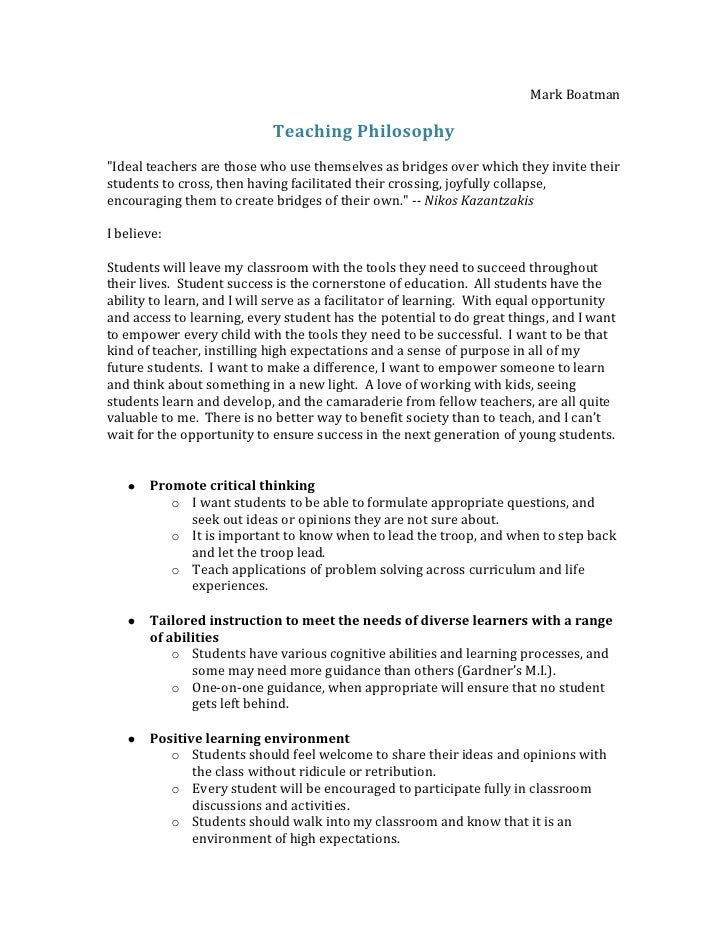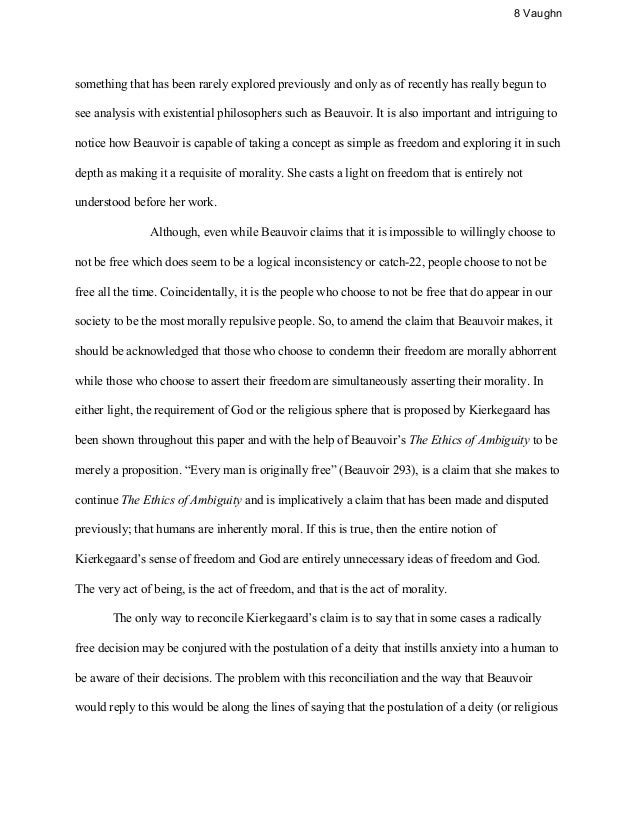Are you seeking for 'correlation thesis philosophy'? Here you can find questions and answers on this topic.
Table of contents
- Correlation thesis philosophy in 2021
- Correlation analysis in research methodology pdf
- Correlational research titles about business
- Correlational research title examples
- Example of correlational research paper pdf
- Correlation analysis research paper
- Correlational research titles examples for students
- Correlational research titles examples for senior high school students
Correlation thesis philosophy in 2021
 This image representes correlation thesis philosophy.
This image representes correlation thesis philosophy.
Correlation analysis in research methodology pdf
 This picture representes Correlation analysis in research methodology pdf.
This picture representes Correlation analysis in research methodology pdf.
Correlational research titles about business
 This picture illustrates Correlational research titles about business.
This picture illustrates Correlational research titles about business.
Correlational research title examples
 This image representes Correlational research title examples.
This image representes Correlational research title examples.
Example of correlational research paper pdf
 This picture demonstrates Example of correlational research paper pdf.
This picture demonstrates Example of correlational research paper pdf.
Correlation analysis research paper
 This image illustrates Correlation analysis research paper.
This image illustrates Correlation analysis research paper.
Correlational research titles examples for students
 This picture demonstrates Correlational research titles examples for students.
This picture demonstrates Correlational research titles examples for students.
Correlational research titles examples for senior high school students
 This picture demonstrates Correlational research titles examples for senior high school students.
This picture demonstrates Correlational research titles examples for senior high school students.
How does correlational research support a causal hypothesis?
There are many other variables that may influence the relationship, such as average income, access to mental healthcare, and cultural norms. Although correlational research can’t prove causation, with a large amount of carefully collected and analyzed data, it can strongly support a causal hypothesis.
How are confounding variables used in correlational research?
A confounding variable is a third variable that influences other variables to make them seem causally related even though they are not. Instead, there are separate causal links between the confounder and each variable. In correlational research, there’s limited or no researcher control over extraneous variables.
What does it mean to have a correlation between two variables?
A correlation reflects the strength and/or direction of the relationship between two (or more) variables. The direction of a correlation can be either positive or negative. Correlational and experimental research both use quantitative methods to investigate relationships between variables.
What does correlation mean in correlational research design?
A correlational research design investigates relationships between variables without the researcher controlling or manipulating any of them. A correlation reflects the strength and/or direction of the relationship between two (or more) variables. The direction of a correlation can be either positive or negative.
Last Update: Oct 2021
Leave a reply
Comments
Blondell
28.10.2021 11:02School of thought phd thesis accumulation.